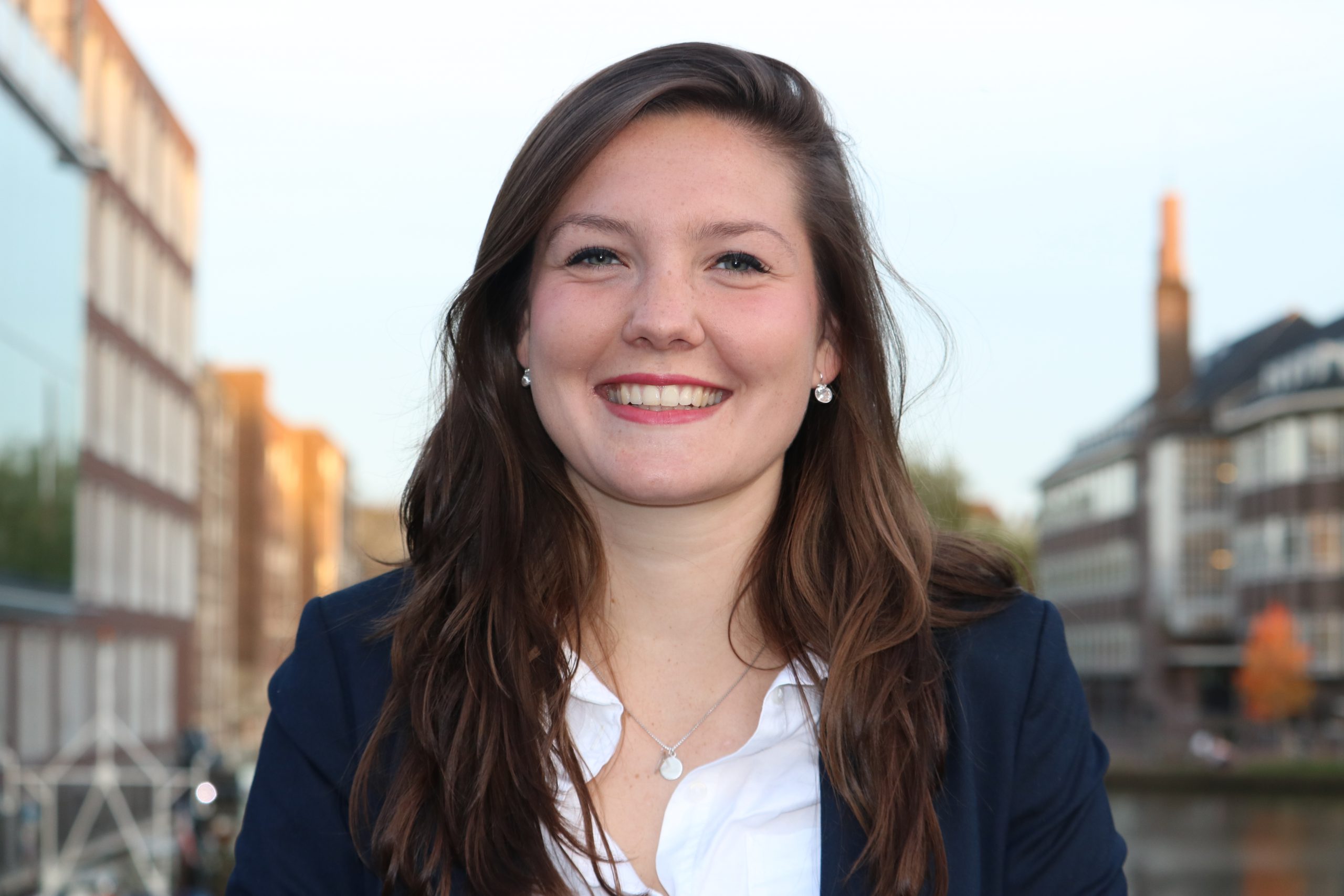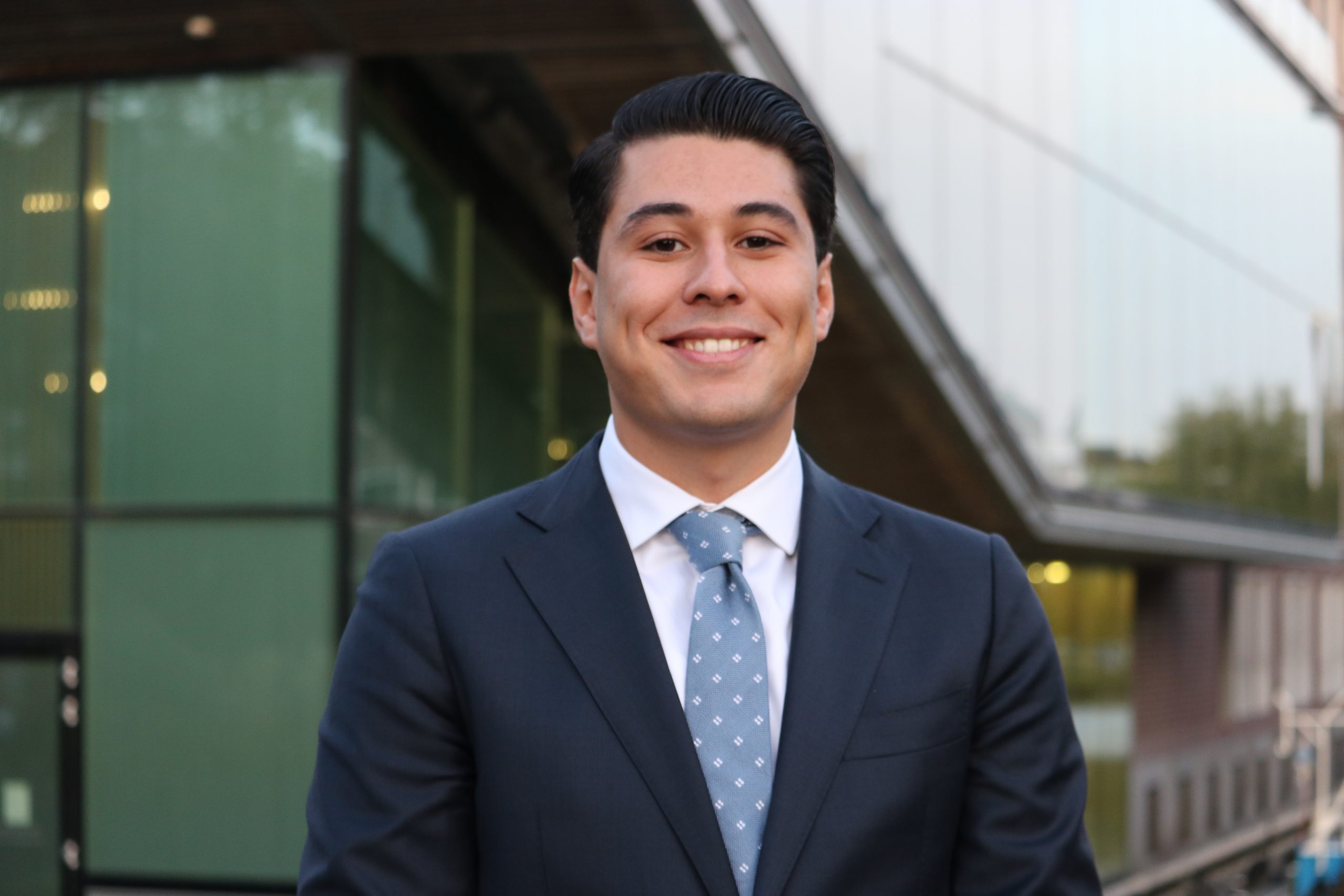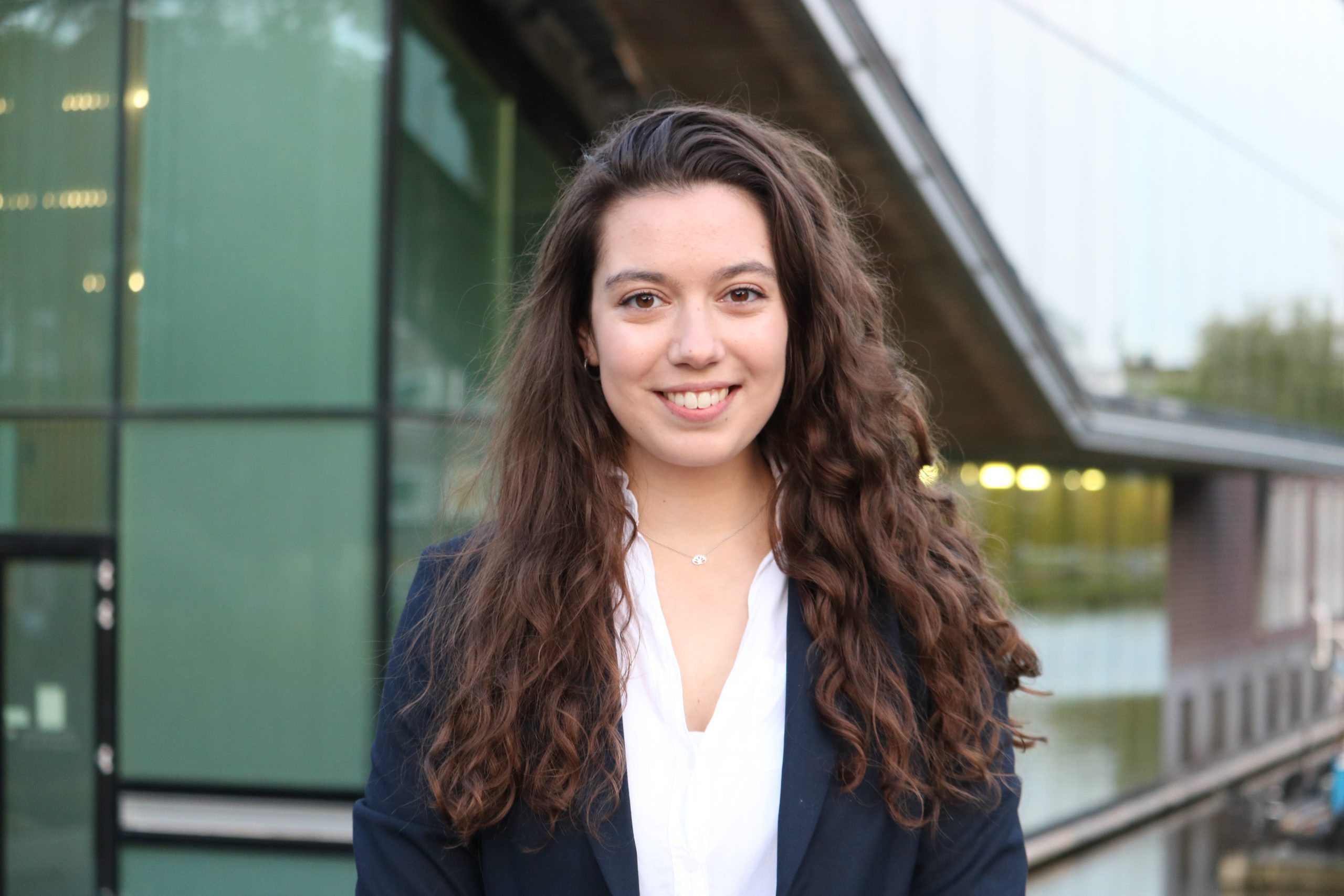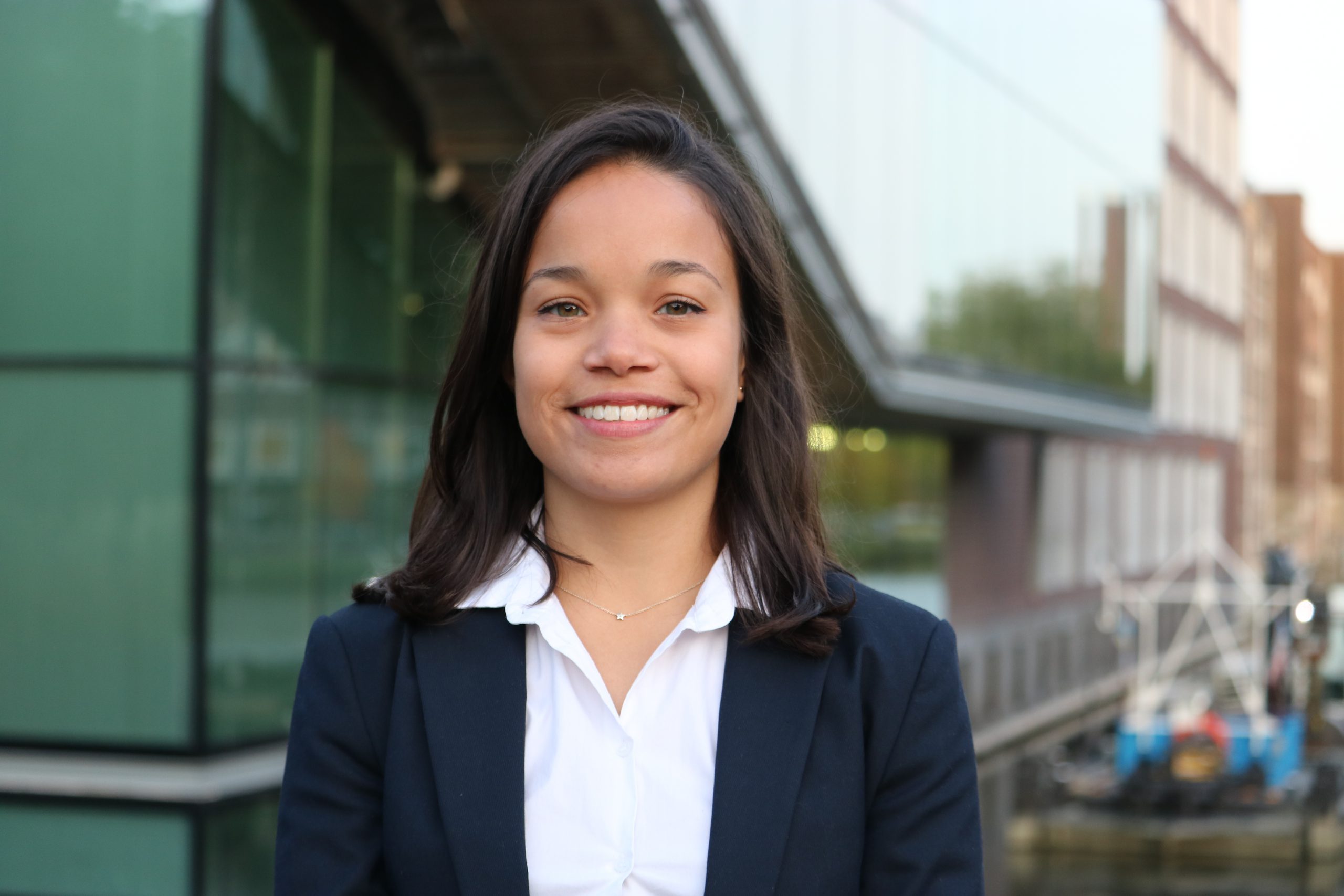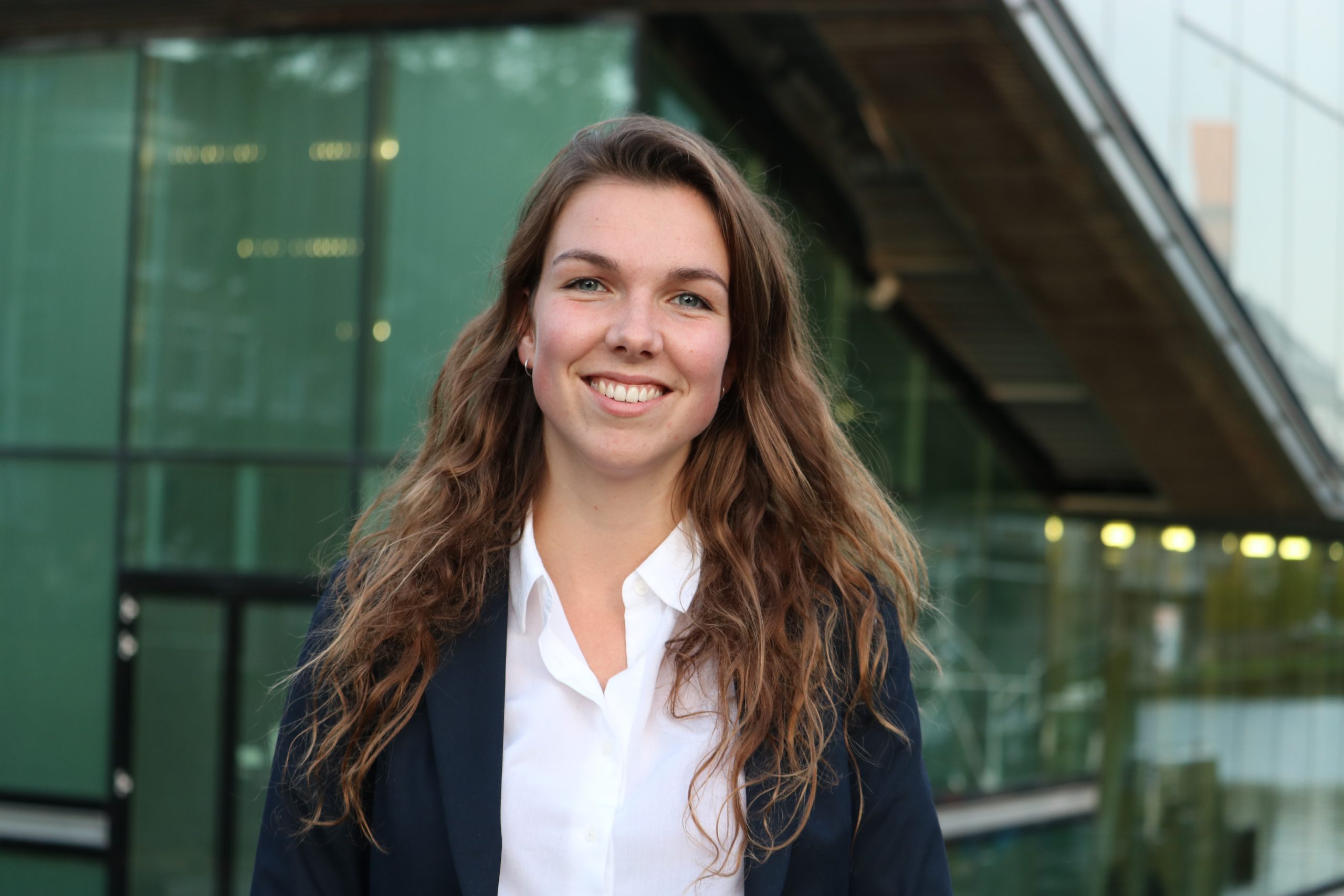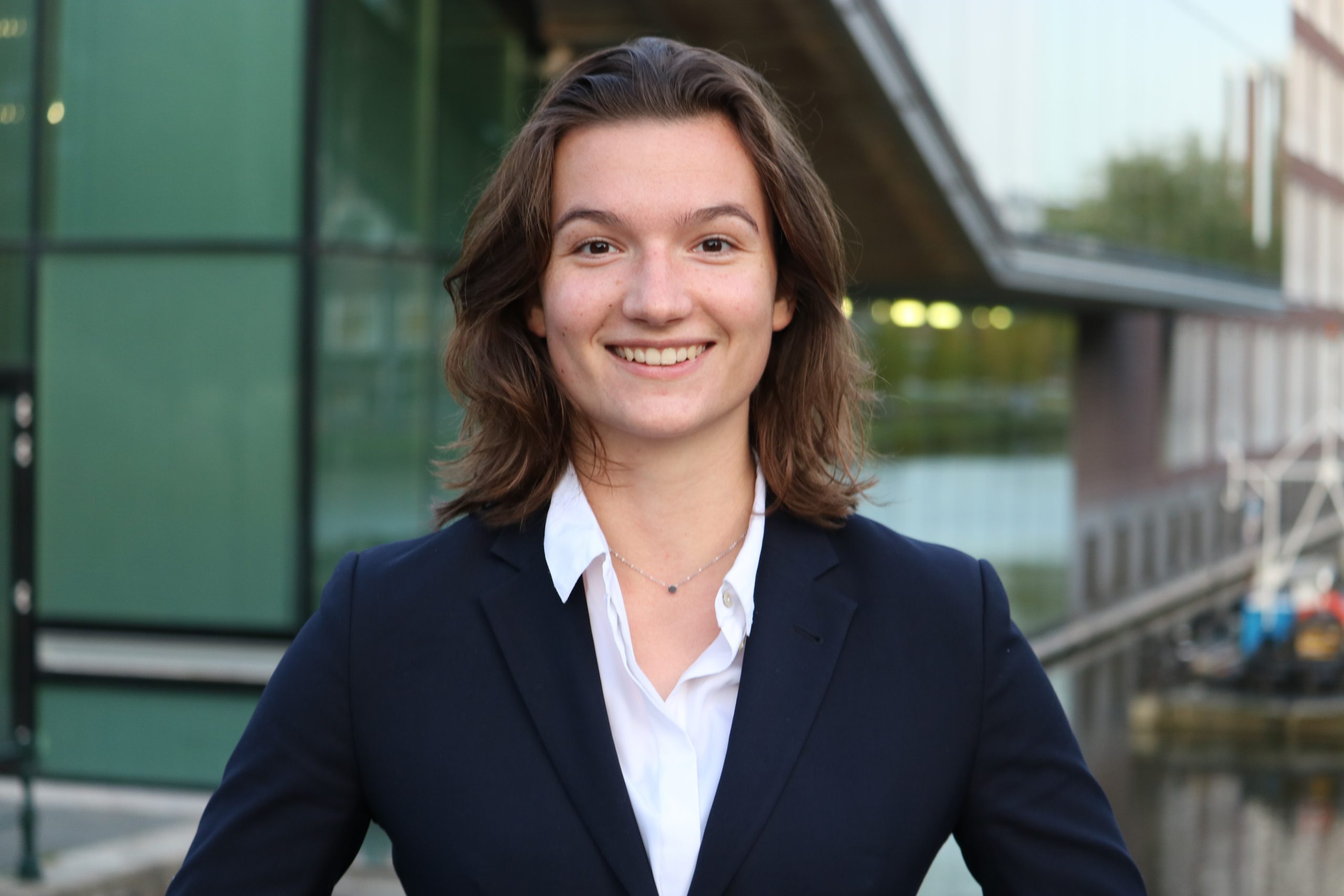Econometric Game 2019
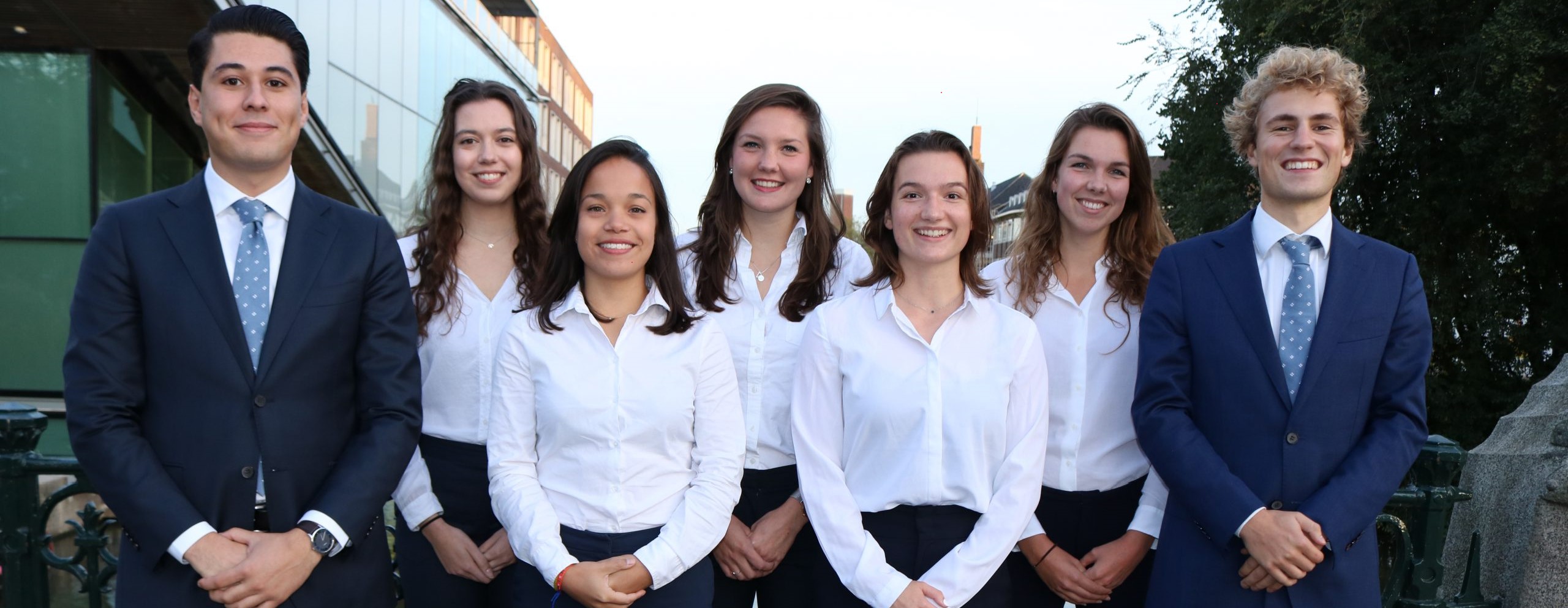
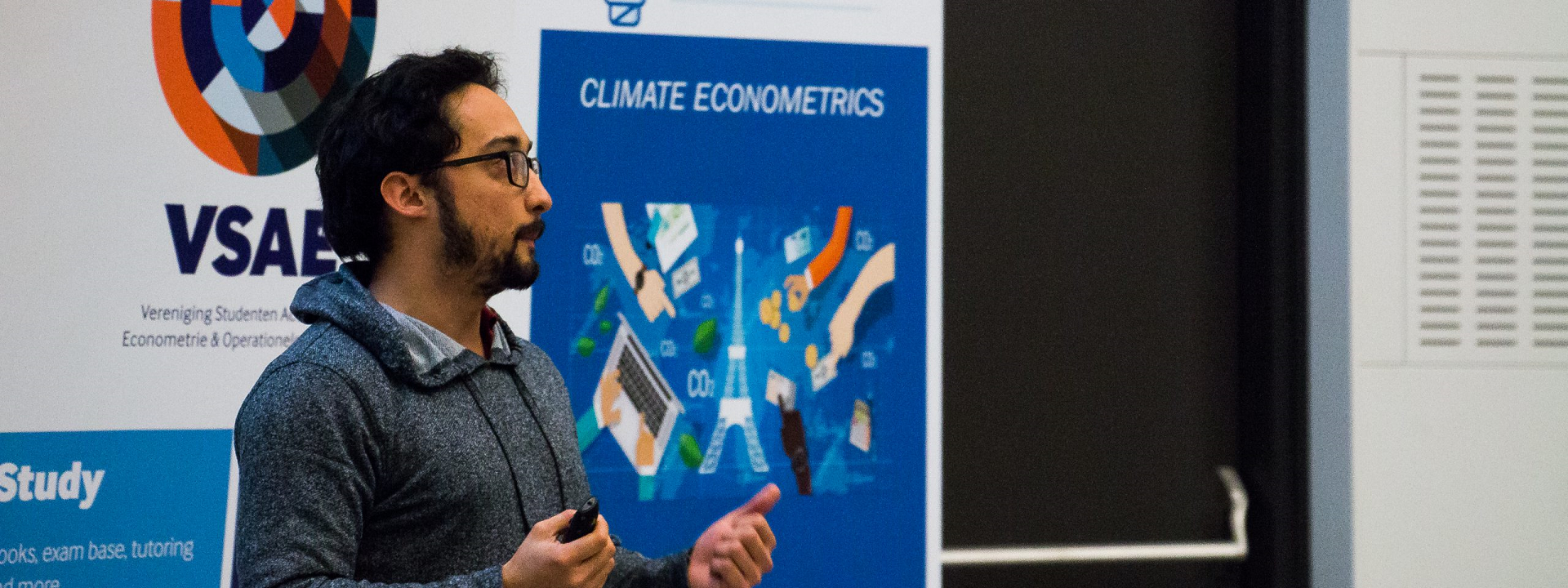
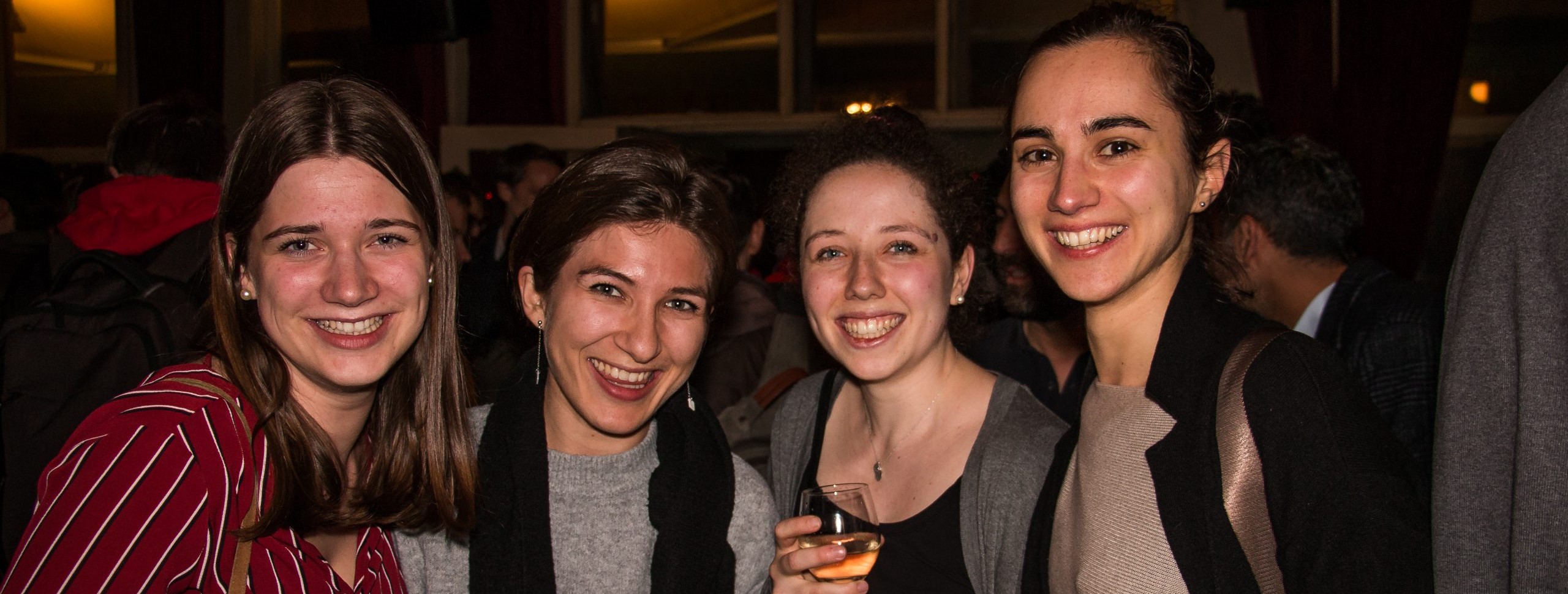
General
Every year, the University of Amsterdam is hosting the Econometric Game, one of the most prestigious projects organized by the study association for Actuarial Science, Econometrics & Operational Research (VSAE) of the University of Amsterdam. The participating universities are expected to send delegations of four students majoring in econometrics or relevant studies with a maximum of two PhD students. The teams will be given a case study, which they will have to resolve in two days. After these two days, the ten teams with the best solutions will continue to day three. On the third day, the finalists have to solve a second case while the other teams can go sightseeing in Amsterdam. After the teams have explored the city, all the participants will listen to each other’s presentations about their findings. The solutions will be reviewed by a jury of qualified and independent professors and they will announce the winner of the Game.
The Econometric Game 2019 took place on the 10th, 11th and 12th of April 2019 in Amsterdam. The theme of this edition was climate econometrics.
The Case and The Jury
This year’s casemaker is Eric Hillebrand. He is currently a professor at the department of Economics and Business Economics at the Aarhus University in Denmark.
About the case
One of the key drivers of global warming is atmospheric carbon dioxide. Can econometric models give an answer to the question which emission scenarios are congruent with a given aim for atmospheric concentrations and thus, eventually, global temperatures? This is one of the central questions behind proposals that were discussed at, for example, the 2015 climate conference in Paris. This year’s case investigates precisely this problem. Man-made emissions of carbon dioxide are partly absorbed by the ocean and by plants. The remainder ends up in the atmosphere, increasing atmospheric concentration and the resulting greenhouse effect. Annual data and estimates on these components are published by the Global Carbon Project. This year’s case focuses on the annual time series of carbon dioxide emissions, terrestrial and marine absorption, and growth in atmospheric concentrations. The global carbon budget equation is the basic structural element that underlies the contestants’ statistical models, and we employ the models to explore emission paths compatible with the concentrations and temperature scenarios studied in the Representative Common Pathways Initiative.
The jury
Eric Hillebrand
Siem Jan Koopman
Peter Boswijk
Finalists and findings
University of Melbourne won the 2019 edition.
The top 3:
- Melbourne University
Melbourne_CaseB - Maastricht University
Maastricht_CaseA
Maastricht_CaseB - Aarhus University
Aarhus_CaseB
The other finalist were:
University Carlos III de Madrid
Stellenbosch University
Monash University
University of Warsaw
University of Amsterdam
McGill University
Lomonosov Moscow State University
Committee
Hi! My name is Eefje Roelfsema and I am really proud to be the chairman of the Econometric Game Committee 2019. I have finished my bachelor’s degree in Econometrics last year at the University of Amsterdam and I am currently working on a minor in the field of programming. As committee, we host the entire event. We arrange the facilities, acquisition, participants (universities), case study, media promotion and the magazine. As chairman I have the final responsibility for the event, I led the committee meetings and acquire and maintain important relations. I am really looking forward to the 2019 edition of the Econometric Game and I wish all the participants good luck. I hope to see you all in Amsterdam in April 2019!
Hi! My name is Joep Keuzekamp. I am currently a fourth-year econometrics and second-year Spanish Language, major Latin-America studies, student. I enjoy these two really different studies and try to broaden my view as much as I can with it. This year I am responsible for the case of the Econometric Game and I try to make the subject something I think is particularly important. I hope that it will interest and inspire you during and after the Game. Good luck!
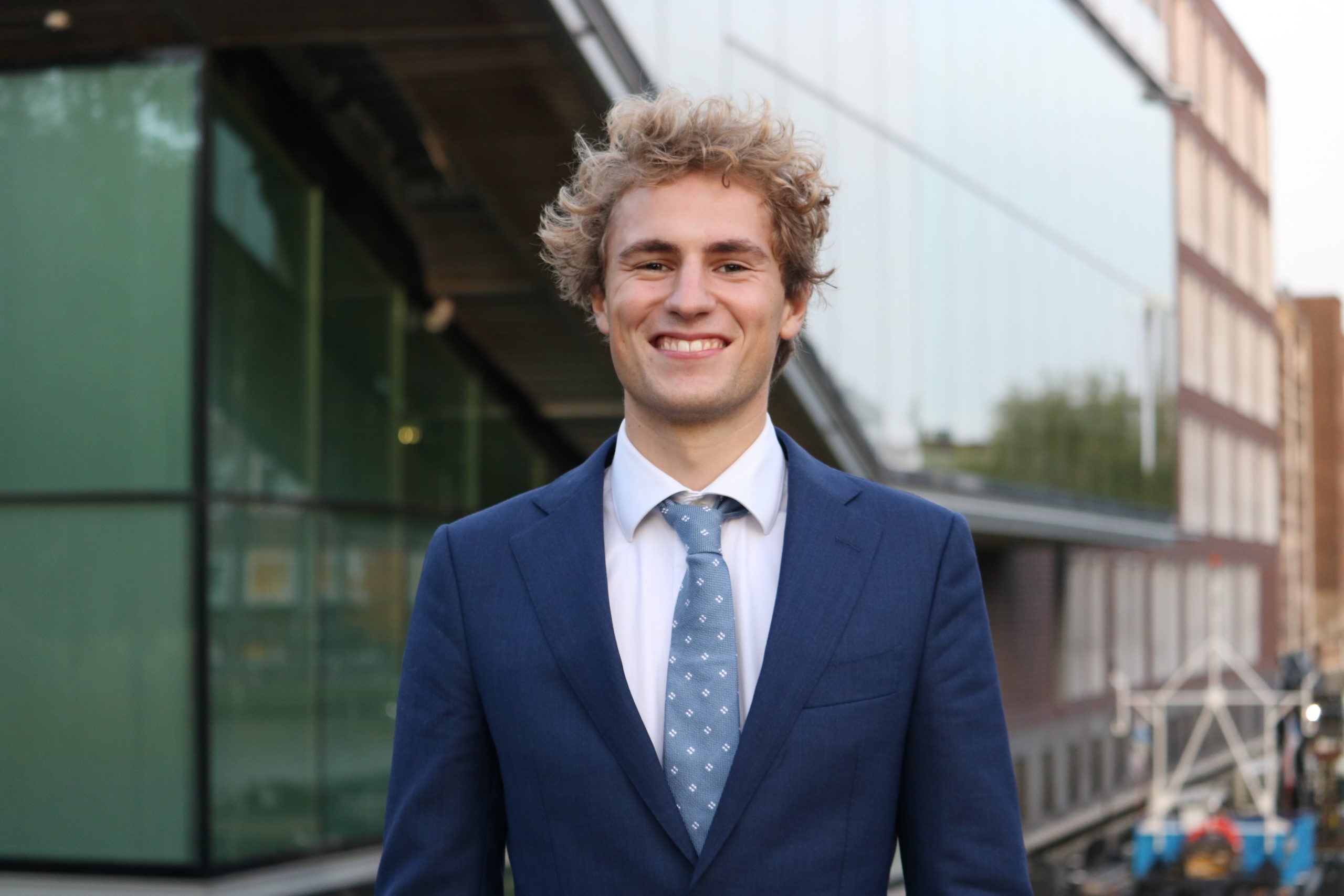
Joep Keuzekamp
CaseHi! My name is Bud Schiphorst. I have completed a bachelor in Economics at the UvA and I am currently in the final year of the bachelor in Econometrics at the UvA. This year I am responsible for handling the registrations and all contact with the universities and participants. Feel free to ask any questions!
Hi! My name is Aurora Gaffaf. I am currently in the third year of the bachelor Econometrics at the University of Amsterdam and for this year’s Econometric Game I am in charge of the acquisition. The game will be a very challenging and unforgettable experience. I can’t wait for the event to start and I wish all the participants the best of luck!
Hi! My name is Renée Wirtjes and I am currently in my last year of the bachelor Econometrics & Operations Research at the University of Amsterdam. This year I will be in charge of the PR and media surrounding the Econometric Game 2019. I am also responsible for the Econometric Game magazine introducing the participants. I wish you the best of luck on the case, and don’t forget to enjoy this beautiful city!
Hi! My name is Maura van der Linden and I am currently in my second year of the bachelor Artificial Intelligence at the University of Amsterdam. This year I will be in charge of all the facilities and necessities needed to make the Econometric Game a success. I am looking forward to seeing you at the Econometric Game 2019!
Hi! My name is Sanne van Gellekom and I am the coordinator of the Econometric Game committee 2019. This means that I support the committee from my position in the board of study association VSAE, a job that I am very excited about. I am already very proud of the committee and of what they have achieved so far! In my spare time, I like going to the theatre and museums, as well as taking walks through Amsterdam to clear my mind. If you ever get stuck on the case for a bit, I definitely recommend it!
